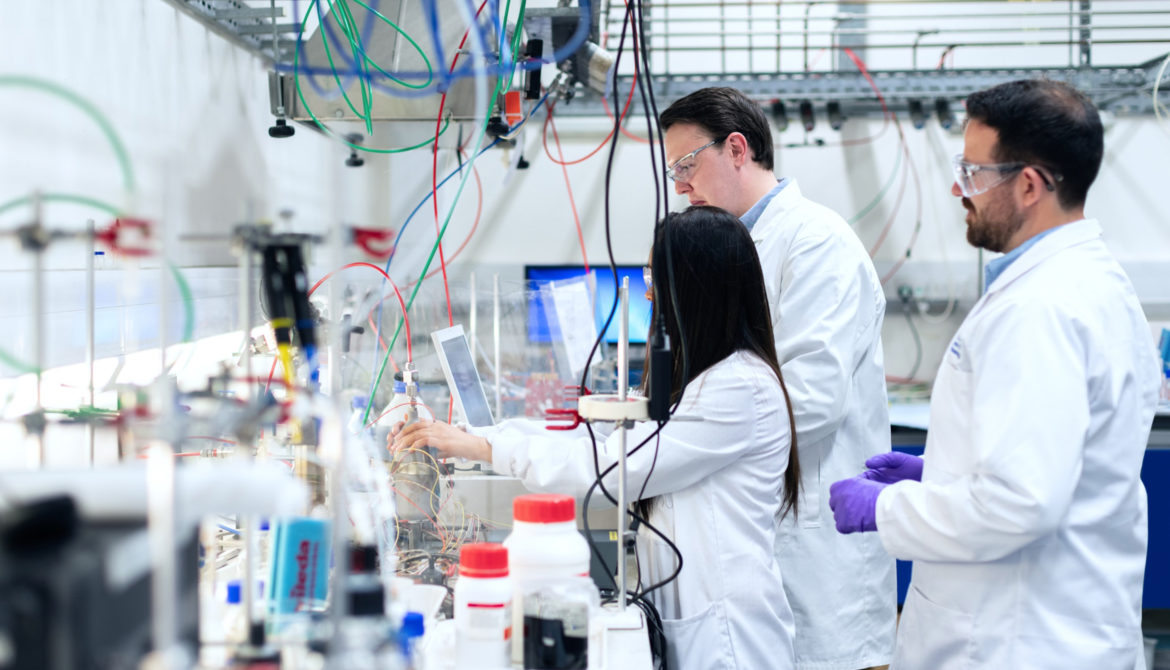
Views • 29/03/2022 • 3 minutes read
How does running a science and innovation campus differ from running and owning a more traditional office development?
This is a question the MAPP Science & Business Parks team are asked a lot.
Our specialist team have helped landlords to navigate the more intensive management and enhanced service provision required in owning and running science and innovation campuses, for many years.
The similarities include the obvious need for
|
|
|
|
The differences are however significant and with a predicted £50bn to be invested in the Life Science and Logistics industry over the next year, the management of the sector needs to quickly evolve and understand those differences.
There is for example a significantly heightened focus on compliance in these types of properties.
We must understand what hazardous waste and chemicals are stored on-site and ensure they are removed in a safe and effective manner.
We must also monitor extraction systems, to ensure the safety of occupiers and our colleagues. As you would expect, this means there is a great need for specialist contractors and trained expert personnel with experience, on these sites. Depending on the level and type of lab involved, there is a considerable level of risk in inheriting expensive decontamination costs.
Additionally, the services provided are often more comprehensive than in a traditional model. Many of the occupiers of science and innovation campuses are relatively small innovative businesses and they often rely on the centre or site to provide enhanced services. It would often not be economical for the sites’ smaller firms to do this in isolation.
These services include:
|
|
|
|
|
|
It is commonplace to have multinational companies working in close proximity to one or two-person startups – and often the needs of both are different. Managing this dynamic can be challenging and involves a much closer relationship than simply running a standard service charge.
Understandably, location plays a huge part in the success or otherwise of these types of assets but so too does the quality and responsiveness of the property and asset management and this should not be overlooked by potential investors.